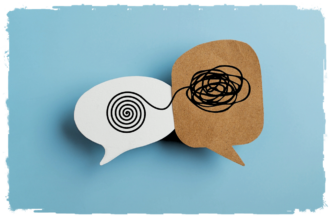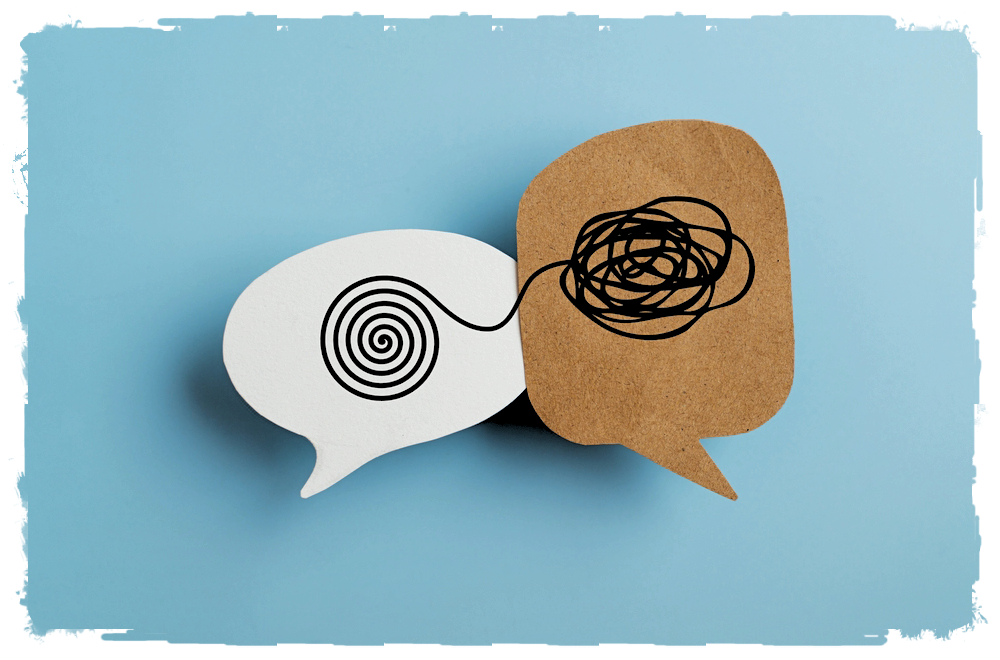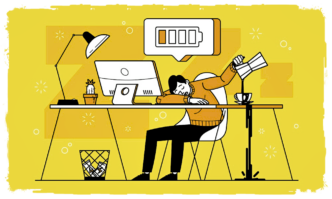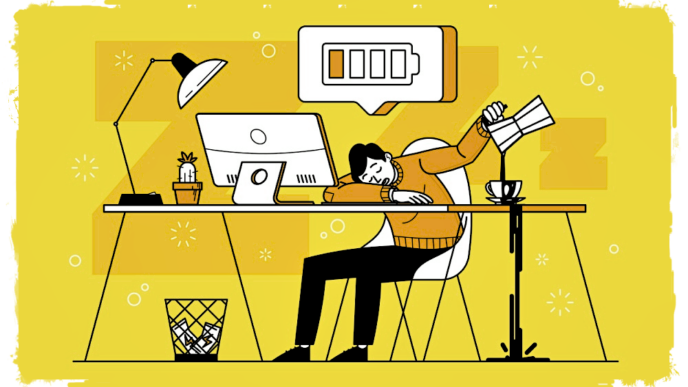WORDS NUR ARFAH ZAINI
 FEATURED EXPERT FEATURED EXPERTNUR ARFAH ZAINI Clinical Psychologist and Lecturer School of Psychology and Social Sciences IMU University |
The digital age has brought unparalleled access to information, but it has also given rise to unique challenges.
Among them is cyberchondria, a modern-age manifestation of health anxiety exacerbated by the internet.
WHAT IS CYBERCHONDRIA?
- Cyberchondria refers to compulsive online searching for medical information, which leads to heightened health anxiety.
- Unlike general health anxiety or hypochondria, cyberchondria is uniquely tied to internet use.
- Individuals may spend hours researching symptoms to fuel their irrational beliefs about being sick, often jumping to worst-case scenarios like rare diseases or terminal illnesses.
- Currently, it lacks formal diagnostic criteria in systems like the International Classification of Diseases 11th Revision (ICD-11) or Diagnostic and Statistical Manual of Mental Disorders, Fifth Edition (DSM-5).
YOU MAY HAVE CYBERCHONDRIA IF…
- You have a persistent fear and/or worry about being sick or getting sick especially with a chronic illness.
- You make compulsive checks for information about the illness on the internet, which could include various platforms official such as medical websites or unofficial such as opinion articles, sharing of experiences posts.
- While checking for the medical information online, you experience increased anxiety that persists even after you have finished your search.
- You are so preoccupied with searching for health information online that it affects your daily functioning.
WHAT CAUSES CYBERCHONDRIA?
The root causes of cyberchondria are multifaceted.
Excessive Access to Information
The internet offers boundless medical information, but distinguishing credible sources from misinformation can be challenging, especially when anxiety clouds judgment.
Cognitive Biases
Negative beliefs about health may amplify anxiety, prompting individuals to interpret benign symptoms as signs of severe illness.
Health-Related Metacognition
Overthinking about health and body sensations can feed compulsive behaviour, creating a self-perpetuating cycle of worry and online searches.
RISK FACTORS
Certain psychological and situational factors make individuals more vulnerable to cyberchondria:
- Personality traits. A tendency toward perfectionism, obsessive thinking, or neuroticism may increase susceptibility.
- Emotional dysregulation. Difficulty in managing emotions can intensify anxiety about health.
- Poor digital literacy, such as an inability to discern credible medical information from misleading content, can exacerbate the issue.
LONG-TERM EFFECTS
If left unchecked, cyberchondria can have profound mental, emotional, and physical consequences.
- Mental and emotional strain. Persistent anxiety drains mental energy, leading to feelings of sadness, despair, and even depression.
- Physical stress. Chronic stress from health fears elevates cortisol levels, weakening the immune system and causing lethargy. This paradoxically reinforces one’s fears of illness.
- Impact on relationships and healthcare. Excessive health concerns may strain personal relationships and lead to overuse—or avoidance—of healthcare services.
Cyberchondria could result in either one of two types of behaviours:
- Individuals with care-seeking behaviours might engage in health care services, sometimes to the point of over-engagement.
- Individuals with care-avoidant behaviours might refuse health care services in fear of learning that the illness they thought they have is a lot worse than what they think.
HOW TO MANAGE CYBERCHONDRIA
Awareness and Acknowledgment
- Recognizing the problem is the first step.
- Be aware of your thought pattern and how it can influence the way you feel and act. Be aware of your own bodily sensations and what could contribute to these sensations.
- Understand that excessive online health searches are fueling your anxiety.
Seek Help
- Consult an appropriate medical practitioner (general health practitioner or psychiatrist) and/or a mental health practitioner such as clinical psychologist or counsellor.
- Cognitive behavioral therapy (CBT) is the gold-standard treatment for anxiety disorders. It helps individuals to challenge their irrational beliefs about health and develop healthier coping mechanisms.
- Family and friends can provide additional emotional support and help redirect compulsive behaviours.
Improve One’s Digital Literacy
- Verify the credibility of online sources, prioritizing information from established institutions or qualified professionals.
- Distinguish between formal references (such as peer-reviewed journals) and informal ones (such as personal anecdotes).
- When in doubt, consult an appropriate healthcare professional for clarification.
Use Digital Health Tools
- Certain apps designed by reputable organizations can assist with health anxiety.
- Look for multidisciplinary platforms that offer access to qualified professionals like doctors, psychologists, and dietitians.
Adopt Mindful Practices
- Stay attuned to thought patterns and bodily sensations without catastrophizing.
- When in doubt, consult a trusted healthcare provider instead of relying solely on internet searches.
| In a world of infinite information, learning to navigate health concerns mindfully is key to living a balanced, anxiety-free life. |
| This article is part of our series on how to improve your mental wellness. |














